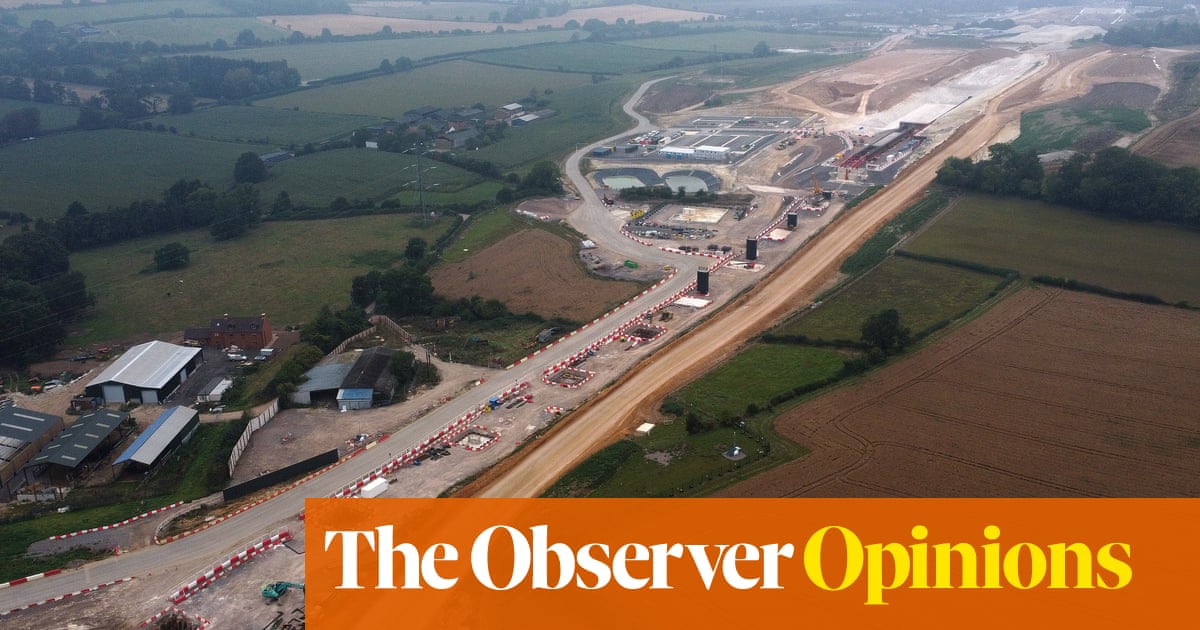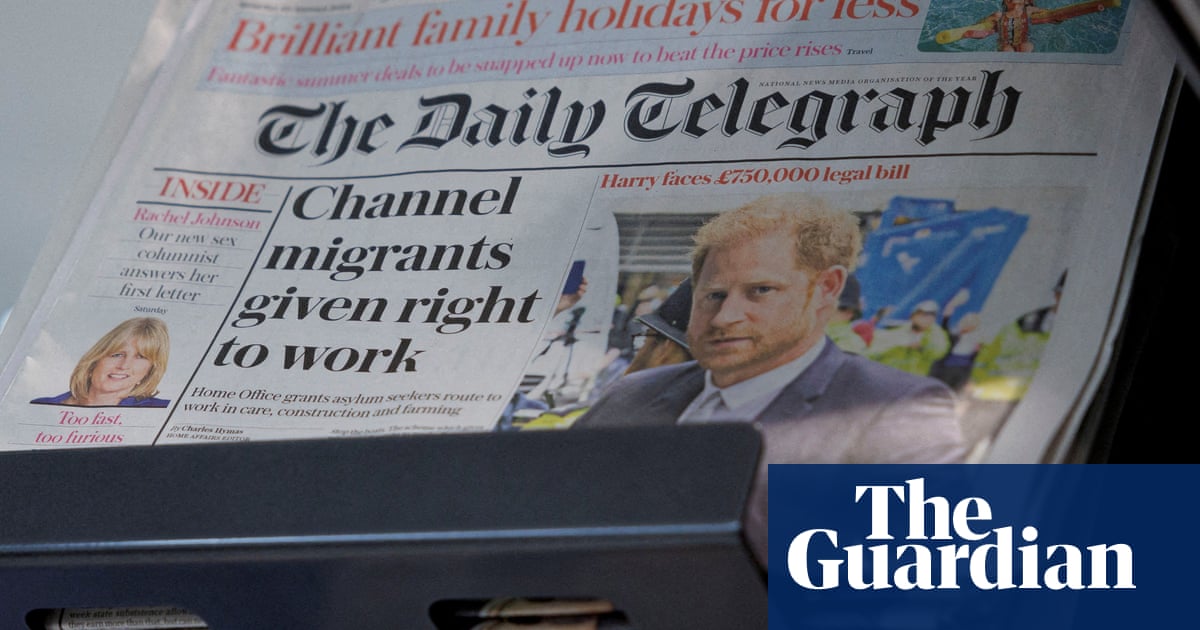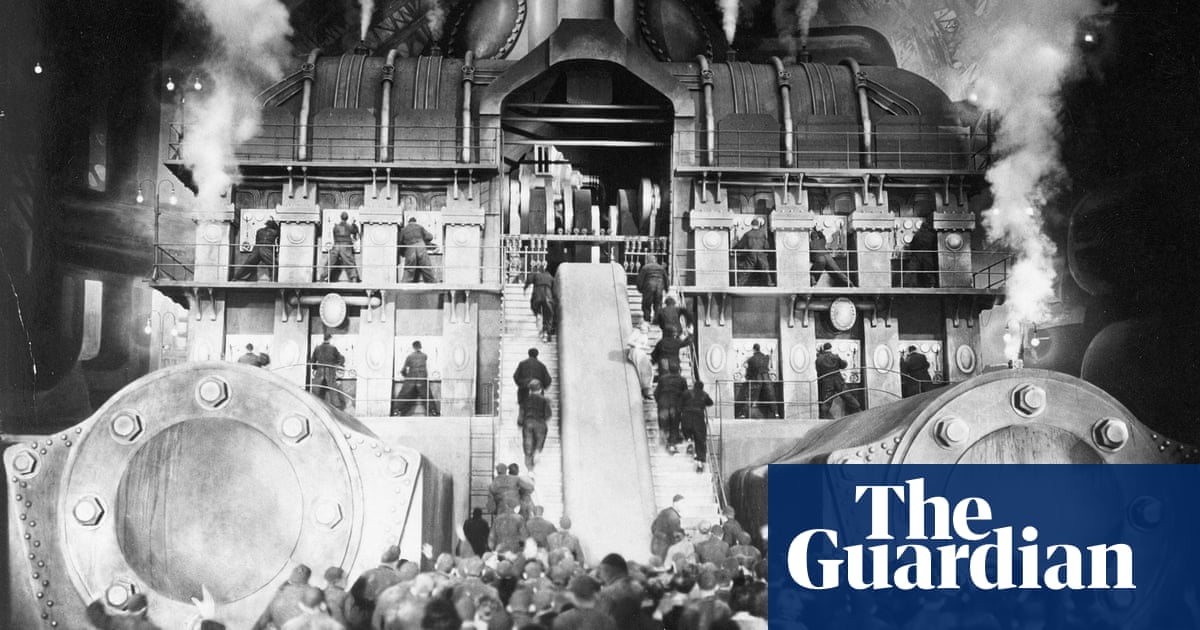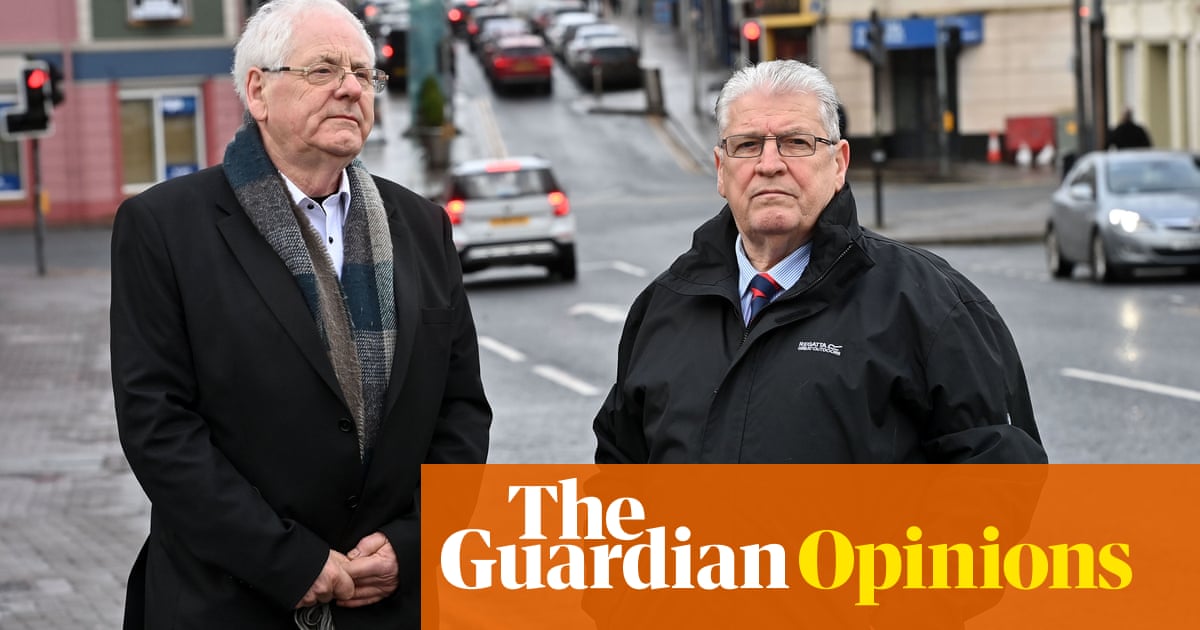
There’s a “for sale” sign hanging over Britain. The Pandora papers have exposed how secrecy, influence, property and other assets are freely available to the highest bidder. Huge data dumps like this provide an invaluable peek into the secret world of offshore finance and the way it is exploited by the world’s richest people. Yet again, the UK and its tax havens stand at the heart of the world’s tax avoidance and dirty money crises. Britain asks few questions, doesn’t care who you are, and doesn’t mind where your money comes from.
We now know that 35 current or former heads of state have exploited secrecy to avoid paying fair taxes, to hide their wealth from the population, or to launder money they have stolen from their own people into Britain and elsewhere. We’ve also learned that the Conservative party has received millions of pounds in donations from oligarchs in foreign jurisdictions, who used their wealth to gain access to and influence over our government leaders here in Britain.
The Pandora papers identified secret property transactions worth £4bn. That’s a huge amount, but it barely touches the sides of the £170bn of UK property that is estimated to be owned offshore. It is outrageous that property in the UK is so liberally used as a vehicle to launder money and to hide personal wealth.
Abuse of the property market often works like this. You set up an anonymous shell company in a secret offshore jurisdiction such as the British Virgin Islands. You transfer your money (which may have been stolen from your fellow countrymen and women) into that shell company. The company then buys a property in the UK. You then have a luxury home in the UK. Or you sell the company to a UK citizen who pays you with legitimate money. You have then successfully laundered your money into a trusted jurisdiction. And as an added bonus, because the transaction involves a company and not an individual, you avoid paying UK stamp duty on the property.
More than one in four of the individuals named in the Pandora leaks are UK citizens. This includes some who have secured “golden visas” into the UK because of their individual wealth, which they have then effortlessly converted into British citizenship. Others, such as Tina Green, the wife of the British businessman and former BHS owner Philip Green, are British citizens who have set up shop in tax havens. Green grew her multimillion pound property empire in Monaco while BHS crumbled, leaving many jobless.
There are other striking stories. The crown estate bought a £67m London property from the notoriously kleptocratic ruling family of Azerbaijan. The Pandora papers show this family alone making £400m-worth of property transactions. The Russian oligarch Mikhail Gutseriev is under sanction by the UK for his close ties to the corrupt Belarusian regime, yet his family owns £50m of London property. The family behind the “world’s biggest bribe scandal” – Unaoil – allegedly laundered money into commercial property in the UK.
Central London is the heartland for much of this wrongdoing. Meanwhile, farther out in the capital, in my constituency of Barking, working people are facing a tough winter as a result of the cut to universal credit, skyrocketing energy bills, the end of furlough, rising prices and long queues at the petrol pumps. It’s one rule for the super-rich, and another for the rest of us.
Using secretive tax havens and shell companies is not necessarily illegal. But it often involves aggressive tax avoidance and it is certainly immoral. Too often such structures are set up to facilitate money laundering. These complex financial arrangements are mostly created by those who provide services to the super-rich – the lawyers, accountants, bankers and estate agents. They provide cover for anonymous transactions, yet they, the enablers, are not held to account for their role in this scandal.
There are ways to fix this mess. We need a public register of the overseas or offshore ownership of UK property. With transparency and accuracy we can then follow the money, limit tax avoidance and prevent shady individuals abusing the UK property market. For all their faults, David Cameron and George Osborne understood this. In 2016 they promised us this public property register. The Tories consulted in 2017; drafted a bill in 2018; included it in the 2019 Queen’s speech; and committed to it again at the recent G7. Yet we are still waiting for it to come into force. I am tired of empty promises.
At the same time the Tories have promised – but failed – to reform Companies House so that ne’er-do-wells stop using our institutions to set up companies in the UK that are then used for illicit purposes. The government consistently refuses to hold the professional enablers to account. It fails to resource the regulatory bodies that police financial crime properly – from HMRC to the National Crime Agency to the Serious Fraud Office and the police. It is always reluctant to enforce even our weak laws by taking court action against the super-rich.
Most worryingly, the corruption that infects our economy and our property market is now infecting our politics and the public sphere, from dodgy donations, to government contracts dished out to cronies. If we’re serious about tackling tax avoidance, illicit finance and putting an end to corruption then we need to get our own back yard in order. Sadly, we are led by a prime minister who simply doesn’t seem to care.
Margaret Hodge has been the Labour MP for Barking since 1994
Join the Guardian’s head of investigations Paul Lewis and guests in this special livestreamed event looking into the Pandora papers revelations on Monday 18 October, 8pm BST | 9pm CEST | 12am PDT | 3pm EDT. Book tickets here












